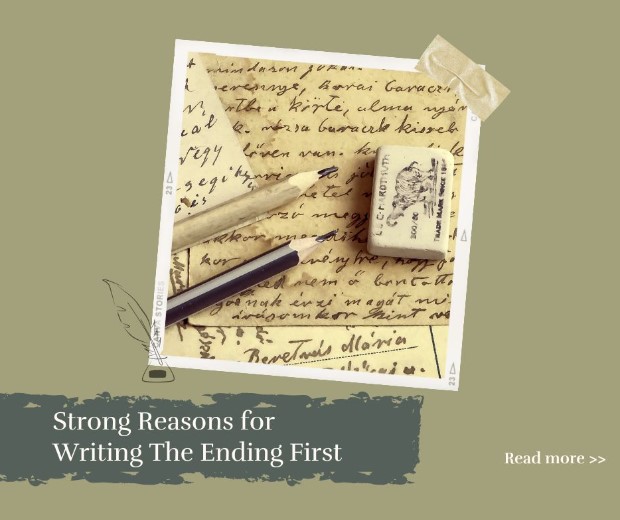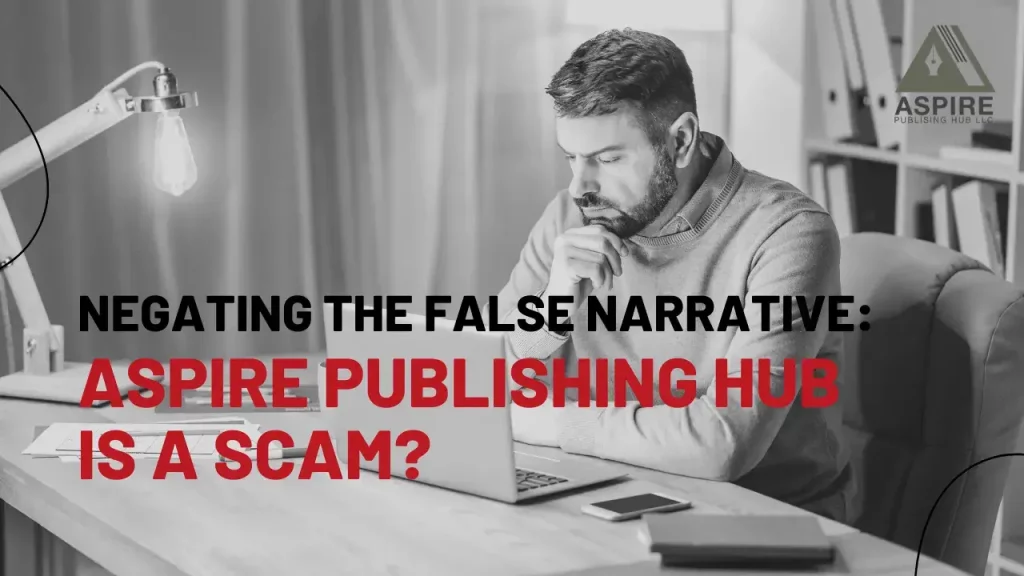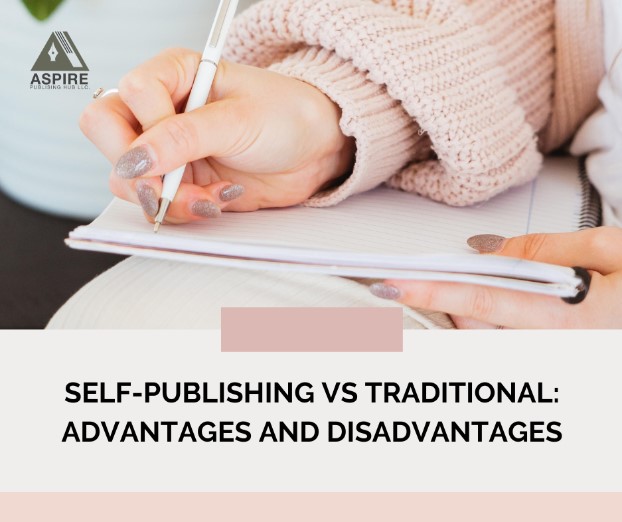It’s a typical practice to write the story’s climax first. And for a long time, I was under the impression that I was the only writer operating in this niche. It wasn’t until I started getting questions from other authors and readers about why I start at the end that I learned that many other famous authors use the other approach. Having realized that I was in good company, I decided to inquire further as to why we do this and why it is a superb plan.
Characterisation
Knowing your characters’ identities at the story’s conclusion will help you decide how much information to give about them at the beginning.
Create a tense culmination that keeps the reader guessing
The key to a satisfying conclusion is in the buildup. Every story needs a climax, no matter the form. Novels that rely on suspense and unexpected turns need a more substantial introduction. Even stories like romance that don’t rely as heavily on suspense might profit from a well-crafted climax. The question then becomes how to gradually increase the tension till the conclusion.
Make it more challenging for the protagonist and antagonist to achieve their goals.
- Raise the stakes, if that works with your plot.
- Write shorter scenes and chapters to build tension and suspense.
- Be sure to save the most significant showdowns for the last chapters of your story.
Accepting the truth
Most of us have to step outside of our creative comfort zones while writing the final chapter. The truth about our actions is something we must face head-on. If you want to make a living as a writer, it’s important to see results. This isn’t as romantic as flailing around like a hapless maiden, but it will serve you well. Doing so will demonstrate your dedication to the endeavor. The destination provides direction and motivation.
Become familiar with your surroundings
If you write the finale first, you’ll have a beacon to guide you back to the beginning if you get lost along the road. Try to keep in mind that readers enjoy endings. They are drawn to stories that have a clear beginning, middle, and end, and a good outline can serve as a checklist for the elements of the story’s conclusion that you want to convey.
Enhance
Writing the ending first is a good strategy since, once written, it can be revised and improved upon over the duration of the book’s construction. This means that your conclusion receives the most attention and takes the longest to complete than any other section of the book. There’s still time to flesh out the story, trim the fat, and write the perfect ending.
Self-motivation
Having an established conclusion can serve as inspiration to finish the novel. Having the drive to get down and put words on paper is crucial. Having a satisfying conclusion in mind might keep you motivated to keep writing. Don’t give up if you find yourself rewriting the finale or maybe the entire story. Instead of giving up during times like these, try to work on your ending by making small adjustments; if you give up on your ending, you might as well give up on your book altogether.
None of it matters if your ultimate goal is to write a novel and check “complete novel” off your list. On the other hand, there are occasions when picking up on other artists’ techniques can only assist to bolster the already impressive skill set you possess. Your tale is valuable regardless of when you write it, how much you write, or what method you use. You are what you say you are, and what you have to say is important enough to tell others about.



